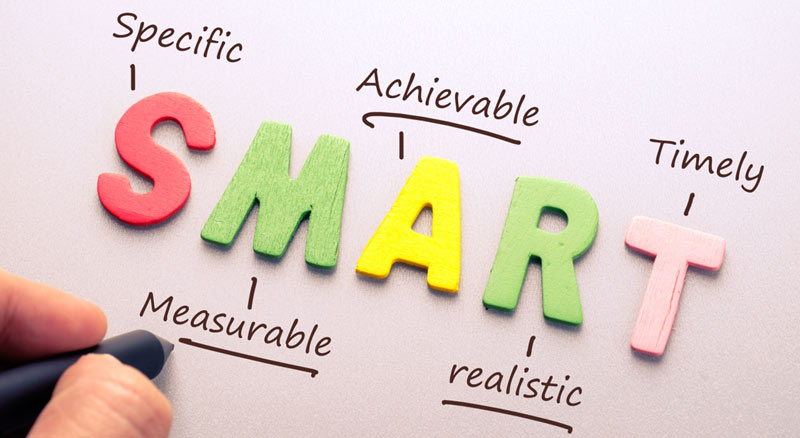Good grades are important for both academic and future success. They are the basics for getting a higher education: colleges and universities often use GPA (Grade Point Average) as a key factor in admissions decisions. If you're looking for tips on how to get good grades, focus on developing good study habits, time management skills, and a healthy lifestyle.
A good grade typically refers to a mark or score that reflects a high level of achievement or mastery of a subject. The definition of a good grade can vary depending on the grading scale and context, but in general, it indicates that a student has performed well above the minimum expectations for a course or assignment. Good grades are often associated with a strong understanding of the material, excellent performance on assessments, and a high level of effort and engagement in the learning process.
Here's a general guideline for the US grading system:
In general, a C is considered average, a B is good, and an A is excellent. But if you're aiming to get into a very competitive program, you might need a higher GPA (grade point average) which takes into account all your grades.
Read more: 6 Reasons Why Grades Are Important in Students' Studies.
Good grades are a result of consistent effort and effective study habits. By implementing these strategies below and making them suitable for your learning style, you'll be well on your way to academic success.
A clear academic goal is a roadmap for your success. But just having a destination isn't enough. You need a well-defined route to get there. That's where specific and achievable goals come in.
Specific goals give your studies a clear focus. Instead of vaguely aiming to "do better," you know exactly what "better" means (e.g., improve your history grade from a B to an A-). This keeps you on track and avoids scattered efforts.
Achievable goals act like stepping stones to success. As you reach each mini-goal (e.g., mastering a specific chapter), you get a sense of accomplishment that fuels your motivation to keep climbing. Specific goals allow you to measure your progress. Did you aim to solve 10 practice problems per day? Tracking your completion rate helps you identify fields that need improvement.

Set a clear and smart goal
Knowing what you want to achieve helps you prioritize important tasks and manage your time effectively. You should spend more time on difficult subjects or plan study sessions around specific goals.
Think of your study schedule as a personalized roadmap to academic success. It lays out a clear plan for how you'll tackle your coursework, ensuring you dedicate sufficient time to each subject and avoid last-minute scrambles.
Here are some tips for sticking to it:

Develop effective study habits
Feeling overwhelmed by deadlines and struggling to fit everything in? Don't worry! Effective time management skills are within your grasp. Not all tasks are created equal. Learn to prioritize the most important one. Ask yourself: "What's most important and urgent?" Tackle high-priority tasks first, like that looming essay due tomorrow. Less pressing tasks can be scheduled for later.
To-do lists are your secret weapon against forgetfulness and procrastination. Write down all your assignments, deadlines, and extracurricular commitments. Crossing off completed tasks provides a satisfying sense of accomplishment and keeps you motivated.
Saying "no" to social distractions or extra commitments frees up valuable time for your studies. Don't be afraid to politely decline invitations that conflict with your priorities.
Break down your day into specific time blocks dedicated to specific tasks. This keeps you focused and prevents you from getting sidetracked. Dedicate a block to studying history, another to completing math problems, and so on.

Improve your time management skills
The path to academic achievement is rarely a solitary journey. Even the most brilliant students sometimes need a helping hand. Remember, seeking help isn't a sign of weakness; it's a sign of strength and a commitment to your academic success. Professors appreciate engaged students and are happy to provide additional explanation or support.
Forming a study group with classmates is a fantastic way to share knowledge, test understanding, and learn from different perspectives. Discuss study materials, explain concepts to each other, and quiz yourselves to solidify your learning. Don't underestimate the power of asking a classmate for help. Sometimes, a simple explanation from a peer can clear up confusion. Working together can also be a good way to prepare for exams or tackle group projects.
Many schools offer academic support services like writing centers, math labs, or learning skills workshops. These resources can equip you with valuable strategies for better time management, study skills development, and effective writing techniques.

Seek helps and advices
Break down long-term goals into smaller, more achievable milestones. This creates a sense of accomplishment as you tick completed tasks off your list. Take time to acknowledge and celebrate your successes, no matter how small. Acquiring a test, mastering a concept, or completing a challenging assignment are all worthy of recognition.
Believe in yourself and your ability to succeed. Replace negative self-talk with positive affirmations. Tell yourself, "I can do this!" or "I am a capable student." This positive attitude fosters a sense of empowerment and keeps you motivated.

Stay motivated
A healthy lifestyle isn't just about physical well-being; it's a cornerstone for academic success. Here's how taking care of yourself fuels your academic journey:
Nourish your brain with a healthy diet. Focus on whole foods, fruits, vegetables, and lean protein sources. These provide sustained energy and support cognitive function for optimal learning and concentration. Besides, regular exercise is a brain power booster. Physical activity increases blood flow to your brain, enhancing your memory and overall cognitive function.

Maintain a healthy lifestyle
Getting enough quality sleep is necessary for academic performance. Try to spend 7-8 hours of sleep each night to keep your mind sharp and your body well-rested.
By prioritizing a healthy lifestyle, you'll equip yourself with the physical and mental stamina to excel in your studies. Remember, a healthy body and mind are the foundation for a successful academic journey.
How to get 100 on grades?
Getting a perfect score of 100 on grades typically requires consistently high performance on assignments, exams, and other assessments.
Are 70 good grades?
A grade of 70 is usually considered a passing grade, but whether it is considered "good" can depend on the context. In some grading systems, a 70 might be considered average, while in others, it might be considered above average. It's important to strive for improvement and to set personal goals for academic achievement.
Are 75 good grades?
Similar to a grade of 70, a grade of 75 is typically considered a passing grade. Whether it is considered "good" can depend on the context and the grading scale used.
Remember, achieving good grades is a long journey, not a single milestone. By implementing the strategies discussed here – setting clear goals, developing effective study habits, managing your time wisely, seeking help when needed, staying motivated, and maintaining a healthy lifestyle – you'll equip yourself with the tools and mindset to excel in your academic life.